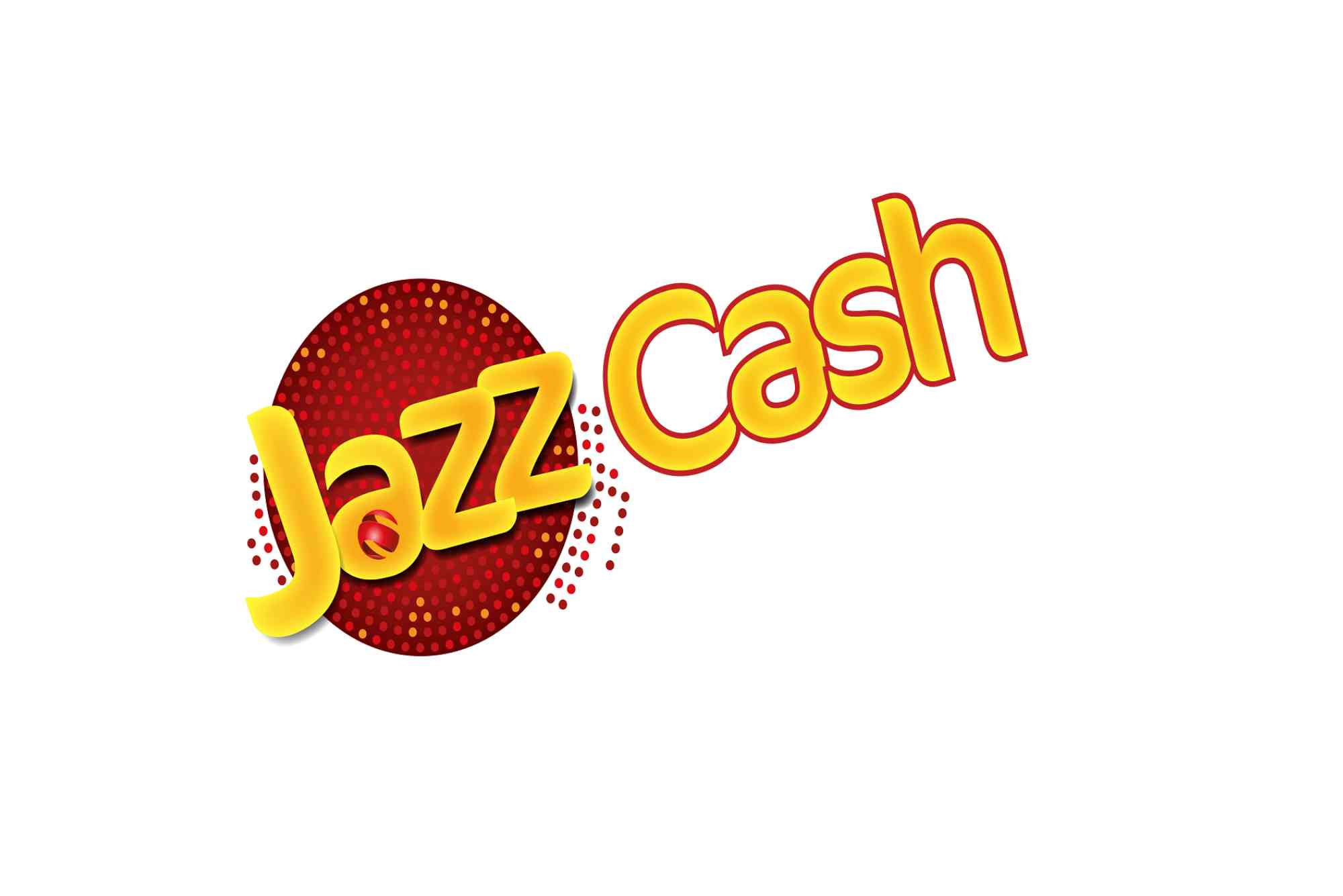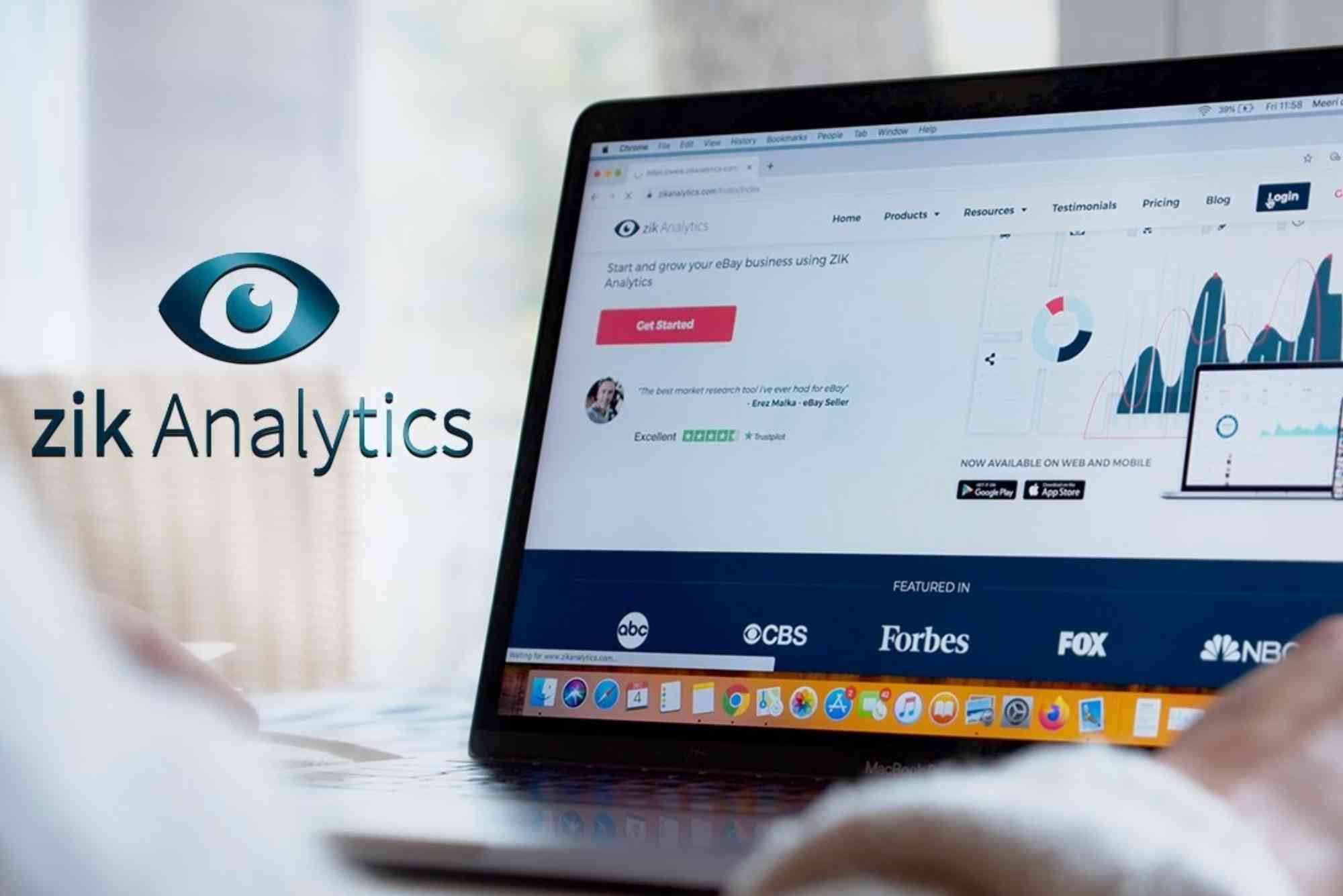Everything You Should Know About Freelance Digital Marketing
Freelance digital marketing has become one of the most in-demand and flexible career paths in 2025. In a world driven by online presence, businesses of all sizes are seeking skilled freelancers who can promote their brands, drive traffic, and increase conversions without the overhead of hiring full-time staff. Whether you’re a beginner exploring opportunities or a professional looking to expand your reach, understanding freelance digital marketing can open countless doors to success.
What Is Freelance Digital Marketing?
Freelance digital marketing involves offering online marketing services to clients on a project or contract basis rather than being employed by a single company. A freelance digital marketer is essentially a self-employed expert who manages various aspects of a client’s online marketing strategy. These include SEO, social media management, paid advertising, content marketing, and email campaigns. Unlike traditional employees, freelancers enjoy the freedom to choose their clients, set their own schedules, and work from anywhere in the world.
The demand for freelance digital marketing professionals is booming because businesses want flexibility and cost-effective solutions. With more brands moving online, this career path offers both independence and high earning potential.
Why Choose Freelance Digital Marketing as a Career
Freelance digital marketing offers immense flexibility and personal freedom. You can work from home, travel, and even collaborate with clients across different countries. There’s no fixed salary limit; your income depends on your skills, effort, and ability to attract clients. Additionally, it allows you to specialize in your area of interest—whether it’s social media, SEO, or email marketing.
Another reason to choose this field is job security through diversity. Instead of relying on one employer, you can have multiple clients across different industries. This means your financial stability doesn’t depend on a single company. You also get the chance to constantly learn and grow, as digital marketing trends evolve rapidly.
Essential Skills for Freelance Digital Marketers
To become successful in freelance digital marketing, certain skills are essential. First, strong communication is key. You must clearly convey your ideas and strategies to clients who may not be familiar with marketing terminology. Second, creativity and analytical thinking help you craft campaigns that stand out and deliver measurable results.
Technical skills are equally important. You need to understand SEO (Search Engine Optimization), social media marketing, Google Ads, and email automation. Knowledge of analytics tools like Google Analytics and data interpretation is crucial for tracking campaign performance. Additionally, content creation, copywriting, and graphic design add immense value to your portfolio. If you want to deepen your SEO expertise, platforms like SEO Expert Help can provide professional guidance and insights for growth.
Tools Every Freelance Digital Marketer Should Use
The right tools make your workflow more efficient. SEO tools like SEMrush, Ahrefs, and Moz help you analyze competitors and find keyword opportunities. For social media management, platforms such as Buffer, Hootsuite, and Later are great for scheduling and tracking engagement.
Email marketing tools like Mailchimp and ConvertKit simplify automation, while Google Analytics and Search Console provide insights into web performance. You can also use Canva for quick design tasks, Trello for project management, and Grammarly for flawless writing. The key is to choose tools that fit your workflow and budget while enhancing productivity.
How to Start Your Freelance Digital Marketing Career
Starting in freelance digital marketing might seem daunting, but the steps are straightforward. Begin by learning the fundamentals—take online courses, attend workshops, and follow reputable platforms like Content Marketing Institute to stay updated on trends and techniques. Once you have a strong foundation, build a personal brand. Create a professional portfolio website showcasing your services, previous work, testimonials, and contact information.
Next, define your niche. It’s easier to attract clients when you specialize—whether in SEO, social media, PPC advertising, or content marketing. Then, start networking on freelance platforms like Upwork, Fiverr, and LinkedIn. Consistency is key; even small projects build credibility over time.
Building a Strong Portfolio and Personal Brand
Your portfolio is your most powerful tool. Clients want to see results, not just promises. Showcase measurable achievements such as website traffic growth, improved conversion rates, or successful ad campaigns. If you’re a beginner, create mock projects or collaborate with small businesses at discounted rates to build experience.
Having a strong personal brand online increases visibility. Share valuable content on social media, write blog posts, and engage in marketing communities. Position yourself as an expert by sharing case studies, tips, and updates about the latest marketing tools. This builds trust and helps clients find you organically.
Finding and Retaining Clients
Client acquisition is one of the biggest challenges in freelance digital marketing. The best strategy is to combine multiple approaches. Start by offering free consultations or discounted trials to attract first-time clients. Use your social media presence and website to highlight success stories. Referrals from satisfied clients are also a powerful source of new business.
Once you land clients, retention becomes crucial. Deliver results consistently, communicate regularly, and go the extra mile to exceed expectations. Offer performance reports and explain your strategies clearly so clients understand the value you bring. Building long-term relationships ensures recurring projects and stable income.
Setting Your Rates and Managing Finances
Pricing your services correctly is vital for a sustainable freelance business. Research industry standards, but also consider your experience, expertise, and location. Beginners may charge hourly rates, while experienced professionals often prefer project-based or retainer models. Transparency with clients about costs builds trust.
Managing your finances professionally is equally important. Use accounting tools like QuickBooks or FreshBooks to track income and expenses. Set aside funds for taxes, savings, and business growth. Financial discipline helps you stay stress-free and focused on your work.
Challenges Freelance Digital Marketers Face
While freelance digital marketing offers freedom, it comes with challenges. Competition is high, especially on global platforms. Staying relevant requires continuous learning and adaptation. Another common struggle is maintaining work-life balance—freelancers often work irregular hours to meet deadlines.
Client management can also be tricky. Some clients may have unrealistic expectations or delay payments. Setting clear contracts, deadlines, and payment terms from the start helps avoid misunderstandings. Despite these challenges, persistence and professionalism can turn freelancing into a rewarding career.
The Future of Freelance Digital Marketing
The future of freelance digital marketing is bright. With businesses relying more on digital platforms, demand for skilled marketers will continue to grow. Artificial intelligence, automation, and data-driven strategies will play a bigger role, creating opportunities for freelancers who adapt quickly.
Freelancers who specialize in emerging fields like influencer marketing, AI-based analytics, and personalized content will be in high demand. As remote work becomes a global norm, clients are increasingly comfortable hiring international freelancers. This trend ensures continued growth and global opportunities for digital marketing professionals.
Tips for Long-Term Success in Freelance Digital Marketing
To sustain long-term success, keep learning. Follow industry blogs, join webinars, and invest in certifications. Stay updated with algorithm changes, new tools, and consumer behavior trends. Networking is another key element—building connections with other marketers, designers, and writers can lead to collaborations and referrals.
Time management and organization are essential. Create a daily routine, use productivity apps, and set realistic goals. Remember that freelancing is not just about marketing skills; it’s about running a business. Learn negotiation, financial planning, and client relations to maintain steady growth.
Freelance digital marketing is more than just a career—it’s a lifestyle that combines creativity, strategy, and freedom. With dedication, learning, and consistency, you can build a thriving business that offers both flexibility and financial independence. The key lies in understanding your niche, delivering value to clients, and staying updated with evolving digital trends. Whether you’re just starting or looking to grow, now is the perfect time to explore freelance digital marketing and shape your future.
Ready to take your first step toward success? Explore valuable insights, strategies, and mentorship opportunities at SEO Expert Help and stay informed with the latest trends from Content Marketing Institute. Start today and build the digital career you’ve always dreamed of!
FAQs
What does a freelance digital marketer do?
A freelance digital marketer helps businesses promote their products or services online through SEO, social media, email marketing, paid ads, and content creation.
How much can I earn as a freelance digital marketer?
Earnings vary widely depending on experience, skills, and clients. Beginners may start around $500 per month, while experienced marketers can earn $5,000 or more monthly.
Do I need a degree to start freelance digital marketing?
No, a degree is not mandatory. What matters most are your skills, experience, and ability to deliver results. Many successful freelancers are self-taught.
How do I find clients for freelance digital marketing?
You can find clients through freelance websites, social media, referrals, and networking. Building a personal brand and showcasing results also helps attract clients organically.
What are the most in-demand skills in digital marketing?
SEO, content marketing, social media advertising, email marketing, and data analytics are among the most sought-after skills in 2025.







